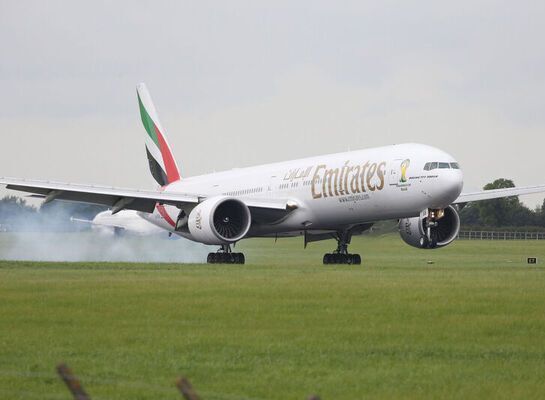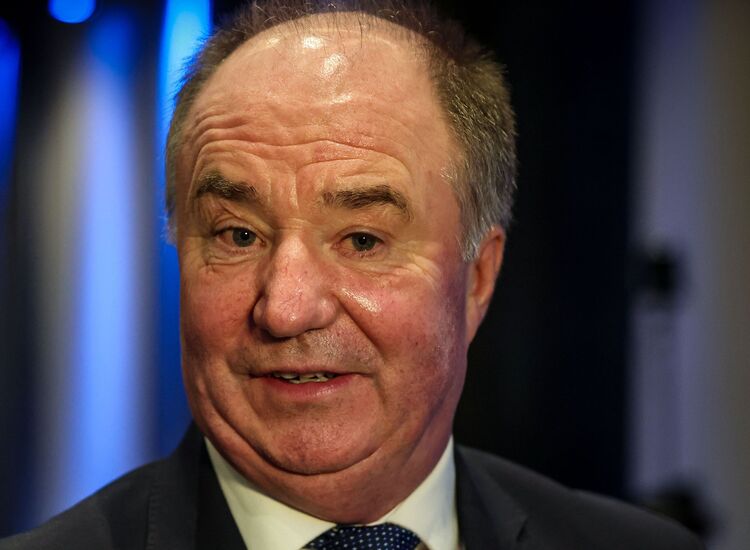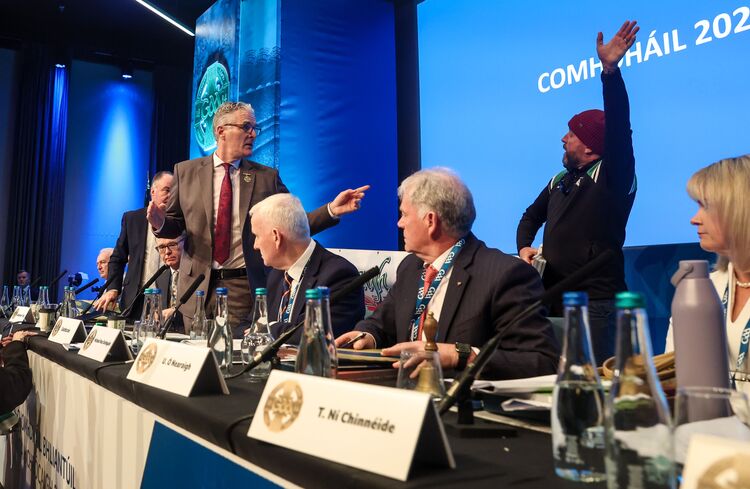And so, the last of the horsemen has cantered over the horizon.
Hugh Carey, former governor of New York, and a member of a group of politicians who represented the pinnacle of broad Irish American influence during the worst years of the conflict in Northern Ireland, died last weekend at the age of 92.
Beginning in 1977, and for some years afterwards, Carey spoke for Irish America's opposition to violence as a means of forcing necessary political, economic and social change in the North, this as part of the famed quartet that also included Senator Edward Kennedy, Senator Daniel Patrick Moynihan, and Tip O'Neill, Speaker of the House of Representatives.
Carey's uncompromising opposition to violence in the North was, in certain key respects, a reflection of his opposition to the Vietnam War.
Carey's prominence on Ireland was, in large part, enhanced by his three friends and allies, but it was certainly bolstered by his own standout record as the 51st governor of his home state, the finances of which, in the mid and late 1970s, looked not unlike the finances of the entire United States today.
Carey, by virtue of the huge political and economic problems that he faced as governor, attained a national status that resulted in his name being linked to possible presidential ambitions.
The presidency was not to be, but in a governorship that ran from 1975 to 1982, Carey took bold action to pull the Empire State and its biggest city back from the financial brink. In imposing a program of strict fiscal rectitude, the Brooklyn-born Democrat, a seven- term member of Congress before he took the reins in Albany, pushed against many of the forces that underpinned his party's power in New York City and upstate, but in doing so rallied New Yorkers to policies that ultimately pulled New York back from the financial precipice.
Carey, whose life was marred by the tragic loss of his first wife and two of his sons, maintained a profile in his retirement years that included involvement in Irish concerns and charitable causes. But it was his membership of the horsemen that will ensure Carey's place in the Irish American political pantheon. And it was his outlasting the other three members of the foursome that allowed Carey to have the final words on a political group that wielded enormous influence on both sides of the Atlantic, though not always to the liking of some who took the view that the four were apt to treat the British rather too lightly.
When Senator Kennedy died two years ago, Carey paid tribute to his old friend and ally thus: "Among the millions of Americans who were saddened to learn of the death of Senator Ted Kennedy this morning, I share with Irish Americans a sense of loss and appreciation for the devotion and leadership he brought to the Irish peace process.
"As one of the Four Horsemen, along with Tip O'Neill, Pat Moynihan and myself, he helped turn the struggle in Northern Ireland away from violence and onto the path of political settlement, with a pivotal statement in 1977 and many occasions since.
"Subsequent efforts by leaders like Bill Flynn, and many others on both sides of the Atlantic, did indeed culminate in a peaceful resolution, which will remain part of Ted's great legacy. His love of life, his passion for justice, his faith and courage will long be remembered."
Those words could well apply to Hugh Carey himself, a politician whose boldness, determination and willingness to adapt and run counter to expectation, appear mostly absent from today's political landscape.









